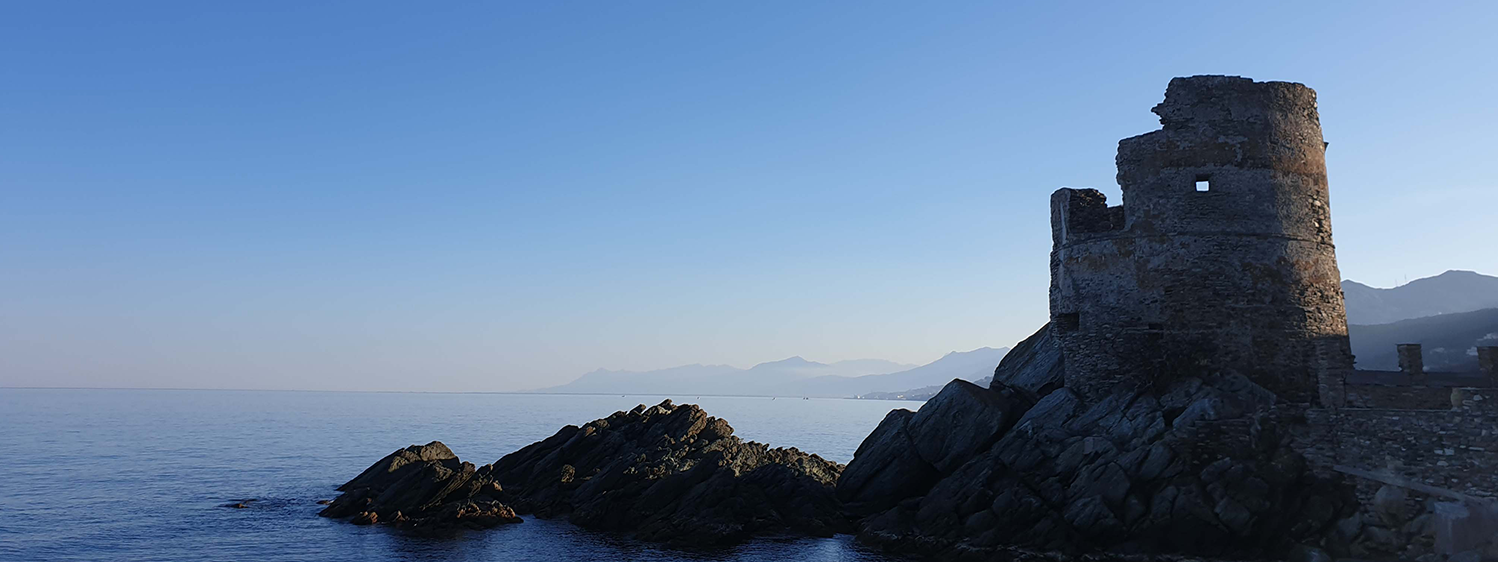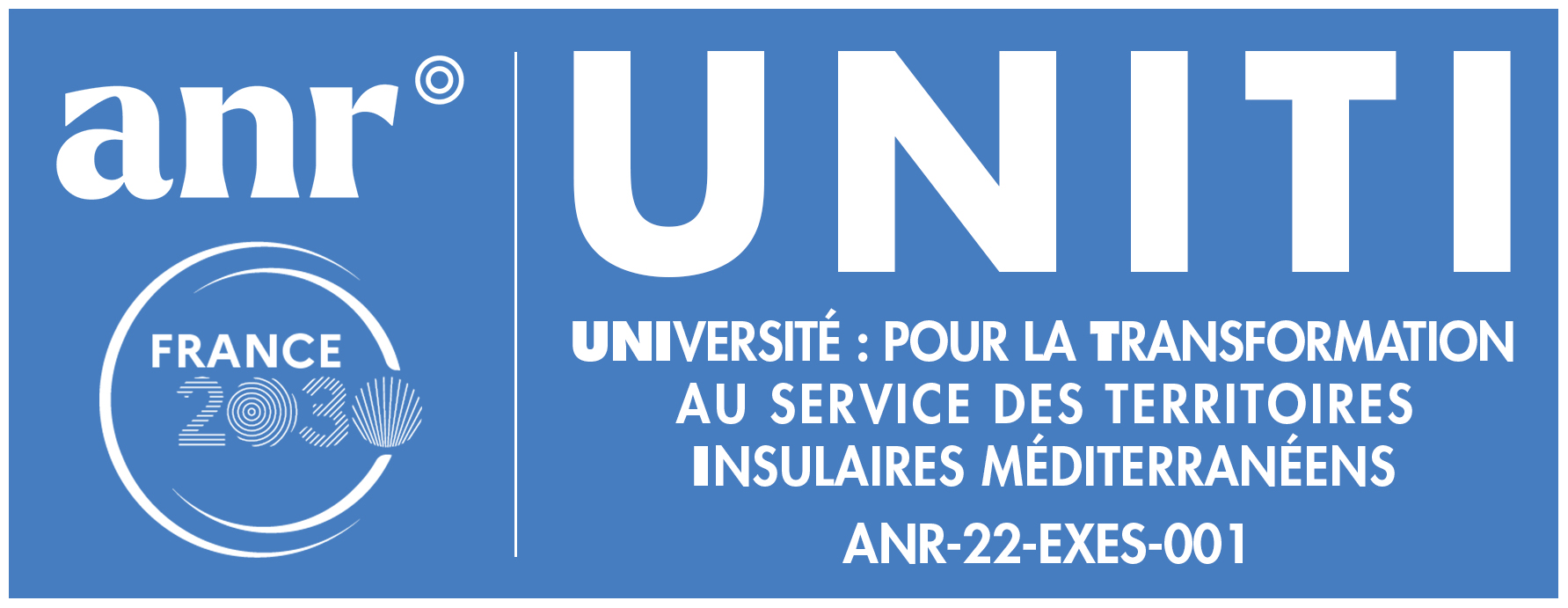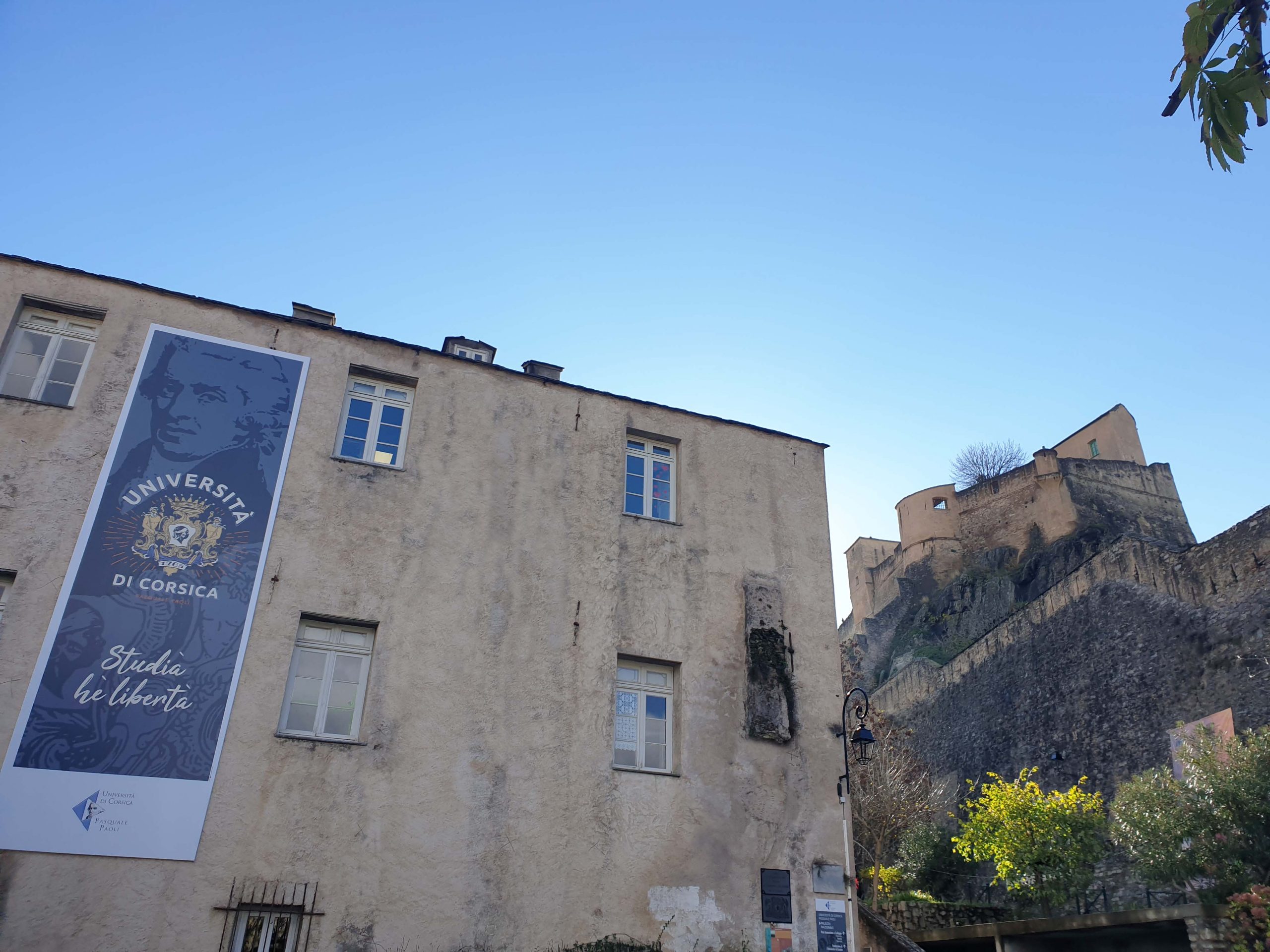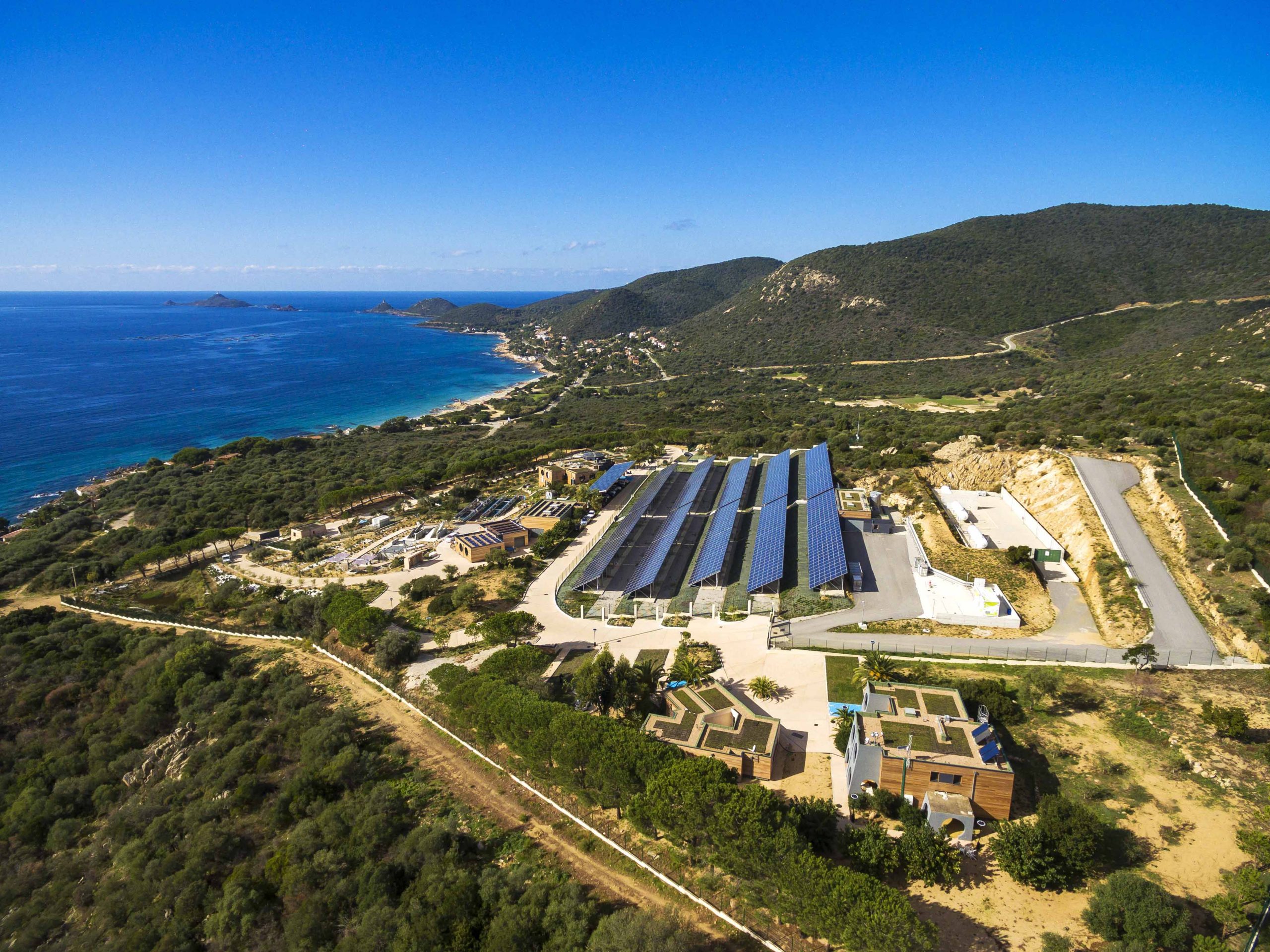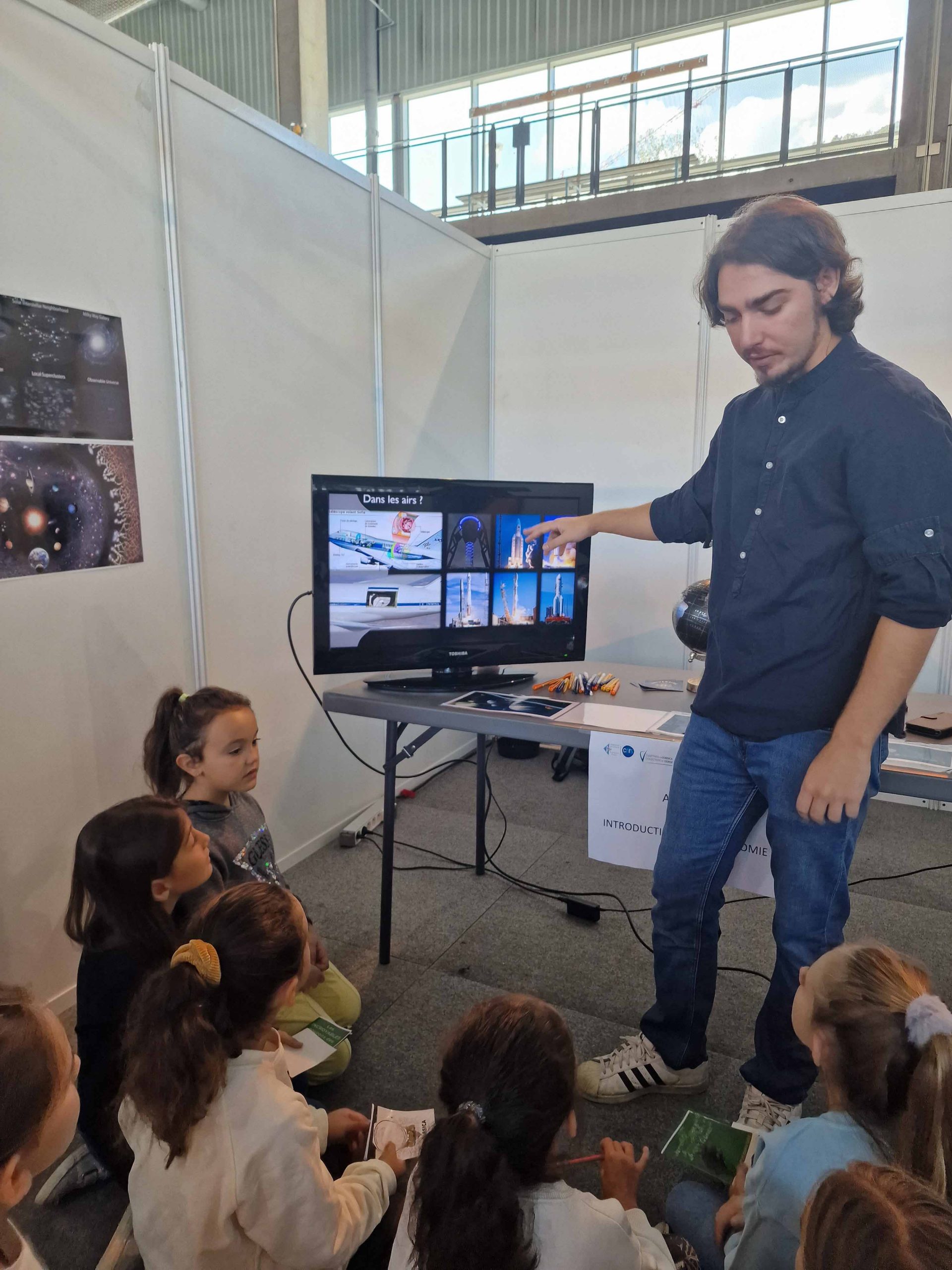► Expand, Develop and Extend the Euro-Mediterranean and Island Territories Network (ARTEMIDE)
The aim of this action is to strengthen our institution’s cooperation strategy with universities and stakeholders in Euro-Mediterranean and island regions. It is envisaged as a label testifying to our institution’s commitment to openness. The aim is to consolidate, increase and lead the network of our collaborations with a view to supporting innovation through the programmes run by the various teams, in a spirit of developing the potential of our university in the island territories and broadening the skills of its driving forces.
Its purpose is to strengthen international cooperation, which is already at the heart of many projects at the University of Corsica in the fields of education and research. This programme gives greater meaning to the activities and usefulness of the international networks in which our university participates, such as RETI (Excellence Network of Island Territories) and Thétys (Consortium of Euro-Mediterranean Universities).
In addition, closer links with other programmes of excellence, such as the PRIMA initiative, UNIMED, the European university networks and the consortia supporting Franco-X universities should be considered, with a view to developing and expanding the networks linking our university to other players in the Euro-Mediterranean and insular area. This tool, symbolically entitled ARTEMIDE, after the Italian name of the Greek goddess of the hunt, protector of pathways and harbours, mainly (but not exclusively) supports projects within UNITI’s two thematic areas. This initiative will enable the teams to make a lasting commitment in an international perspective, as well as in the construction of research and training consortiums that will enable the University of Corsica to open up and go beyond its insularity.
► Digital technology as a driving force
The aim of this action is to accelerate the digital transformation of the various components of the University, but also in society as a whole. In the age of digital humanities and the advent of artificial intelligence (AI), computer sciences are now an essential vector of progress, whether in social, economic, health, ecological, energy or cultural terms.
Mastery of key IT concepts, in particular artificial intelligence and ambient intelligence, must involve all citizens, so that they adopt an active rather than passive approach to new technologies.
This digital initiative will feed into UNITI’s two thematic areas, through the creation of a range of hybrid short training courses of the University Diploma type, which will provide an opportunity to enhance the skills of University staff, as well as those of the members of Corsican society (decision-makers, administrative managers, company directors and citizens). In addition, appropriate resources must be made available to meet the scientific, educational and administrative objectives of the UNITI programme.
To achieve this, two platforms have been set up:
- The first, for collecting urban and rural data, will enhance the research work.
- A second data analysis and visualisation platform is also being developed, to give meaning and coherence
to the various data collected in the field during the research protocols.
In tandem with this, and in order to provide opportunities for different parties to come together, meetings between researchers and the general public will be organised in dedicated third-party venues, giving as many people as possible access to the aforementioned resources. A series of conferences linked to the themes of intelligent territories will also be offered and open to the public in conjunction with the University’s ‘Territorial Changes and Innovations’ (MIT) chair.

